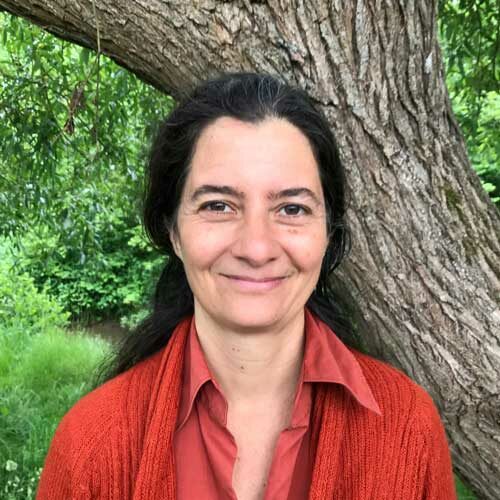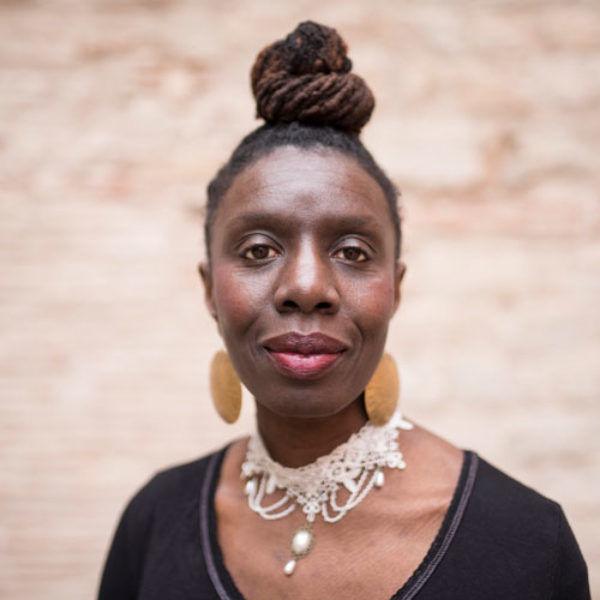Generosity, be it material or spiritual is universal across cultures and spiritual practices. In today’s talk we explore Buddhist and other teachings, as well as deeper neuroscience behind why generosity makes us happier and more resilient, even touching on whether science can validate karma as it relates to kindness and generosity. We’ll take the time to explore different types of generosity, and pragmatic ways to integrate generosity toward yourself and others into your life, even days that we feel like we have little to give.
With Chris Willard recorded on November 17, 2024.
Found our teachings useful? Help us continue our work and support your teachers with a donation. Here’s how.
Discover more from the Dharma Library
-

A Return To Naturalness
Recorded :
September 29, 2024 From pure emptiness the wondrous appears… In the session we will explore different somatic approaches to cultivate a sense of calm and ease. An invitation into insight meditation and letting go into a natural state of flow.
-

Surrendering to awareness.
Recorded :
April 10, 2016 Often in spiritual practice there is the encouragement to observe. From that place of observation we attempt to “be with” what arises. When does that intention get colonized by the ego? Who is it that is “being with”? What is it that is “being with”? What shifts in our practice when we surrender what is…
-

Practice and Prejudice: Waking up to our reality blinkers
Recorded :
January 6, 2019 Martin writes: “Do you remember that Youtube video ‘Awareness test’ from a few years ago, where you’re asked to pay attention to one thing (passes made by the team in white) and you end up completely missing something else? (check it out https://www.youtube.com/watch?v=Ahg6qcgoay4 – it only takes 30 seconds) We perceive reality in accordance with…
-

Our Struggles Are the Path
Recorded :
December 15, 2024 This session will explore how our struggles can become stepping stones on our path to growth. By learning to meet difficulties with openness and compassion, we can transform obstacles into opportunities. The session will draw upon Buddhist teachings and include guided meditation, a dharma talk, and some time for Q&A. Participants are encouraged to bring…
-

Samadhi: The Reliable Path to Wisdom, Joy and Happiness
Recorded :
June 9, 2024 Samadhi is the art of nourishing, gathering, and collecting the heart. Highly regarded by the Buddha, this practice relies on honesty and wisdom, reliably leading to joy and happiness, and inclines the heart towards the depth of the path. In this session, we will open a door to cultivating this skill.
-

The Wisdom of No Escape
Recorded :
February 16, 2020 Our lives include facing things we didn’t choose, and often cannot change; such as getting ill or injured, or loosing something or someone that we love. Dharma teachings invite us to turn towards these, instead of turning away from them. What is the wisdom that is available to us when we meet our experience with…
-

Emptied Inside Out
Recorded :
May 26, 2019 Vimalasara takes a look at some of the teachings that point to the insanity in life. Join her in taking a look at form, feelings, perception, mental formation and consciousness, and discovering every day that we can be reminded of the meaninglessness of these mental constructions.
-

Daily Meditation Recordings, with Miles Kessler – Week of July 25, 2022
This week’s topic is “The 4 Noble Practices”. The 4 noble practices are practical instructions given by the Buddha in relation to the 4 noble truths. Namely, 1) The Noble Practice Of Acceptance, 2) The Noble Practice Of Letting Go, 3) The Noble Practice Of Realization, and 4) The Noble Practice Of Development. This week, Miles will lead you through these 4 noble practices, helping you to see how these 4 injunctions from the Buddha contain the entirety of the practical Dharma.








Discussion